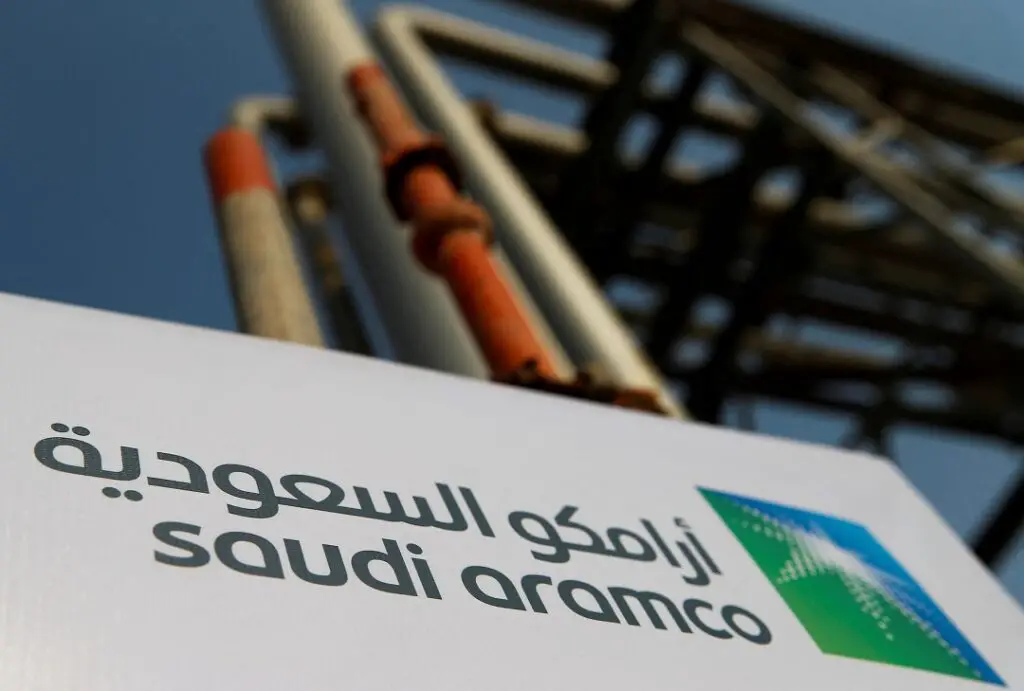- Kenyan imports from Saudi Arabia grew three fold to $228 million in March on increased orders of diesel.
- This was the highest import value compared to China’s ($217 million), India’s ($194 million) and the UAE’s ($99 million).
- Kenya is using a new procurement system designed to cut pressure on forex demand by adopting 180-day credit from payment on delivery.
Saudi Arabia is currently Kenya’s largest source of imports, underscoring the significance of recent oil import deal according to data by the Kenya National Bureau of Statistics (KNBS).
The Middle Eastern country overtook China, India and the United Arab Emirates (UAE) to become Kenya’s biggest single import market for the first time, driven by increased diesel orders.
KNBS data shows that goods imported from Saudi Arabia grew three fold to $228 million in March on increased orders of diesel from $60 million a month earlier.
This was the highest import value compared to China’s ($217 million), India’s ($194 million) and the UAE’s ($99 million). The increase in imports from Saudi Arabia was as a result of rising diesel cargo, the bulk of which were previously obtained from the UAE.
Read also: China’s lending to Africa steadily declining
During the month under review, oil marketers shipped in nearly 123.61 million litres of gas oil at a cost of $98 million. This was followed by jet fuel ($47 million) and fertiliser (diammonium phosphate) valued at $46 million.
Diesel replaces jet fuel as top import
This is in comparison to the leading exports from Saudi Arabia to Kenya in March of last year were jet fuel ($19 million), fertiliser ($17 million) and clinker ($7 million).
The data showed diesel replaced jet fuel as the top import by value from the world’s second producer of oil, despite not featuring in the top three goods bought from Saudi Arabia in the previous months.
The increased purchase of diesel from Saudi as opposed to the UAE came before the first consignment under the government-to-government deal arrived in Mombasa. The credit-based fuel import deal was inked with Saudi Arabia and the United Arab Emirates on March 10.
China has been Kenya’s largest source market for goods. Kenya imports electrical and electronic equipment, machinery, iron and steel, plastics, apparel and furniture from China.
Global oil prices drop on poor China data
On the other hand, petroleum products have in the past year become the biggest driver of Kenya’s import bill. The rise is largely attributable to high global prices. Currently, oil prices dropped by over a dollar a barrel on June 9th to record a second straight weekly decline.
The drop in international oil prices came as disappointing Chinese data added to doubts about demand growth. Additionally, the price drop came after Saudi Arabia’s weekend decision to cut output.
According to Reuters, Brent crude futures fell $1.17, or 1.5 per cent, to settle at $74.79 a barrel. The US West Texas Intermediate crude fell $1.12, or 1.6 per cent to $70.17 a barrel.
Kenya is currently getting fuel on credit under a deal President William Ruto government brokered with Saudi Arabia’s State-owned Aramco. The deal also involves UAE’s Emirates National Oil Corporation (Enoc) and the Abu Dhabi National Oil Corporation Global Trading (Adnoc).
Gulf Energy supplies diesel and jet fuel
Aramco is supplying the country through Oryx and Galana. On the other hand, Adnoc picked Gulf Energy to supply diesel and jet fuel. Equally, Enoc also settled on Gulf Energy to import super petrol.
The new procurement system is designed to cut pressure on forex demand by adopting 180-day credit from payment on delivery.
Expenditure on importation of petroleum products shot up 72.13 percent to $4.6 billion last year. Consequently, the previous administration of former President Uhuru Kenyatta turned to subsidies to cushion consumers, and stem inflation.
High fuel prices pile inflationary pressures on key sectors such as transportation, manufacturing and agriculture.
The fuel price stabilisation scheme cost taxpayers $578 million in the financial year ended June 2022. However, under President Ruto, the subsidy programme has since been dropped on advise of the IMF.
